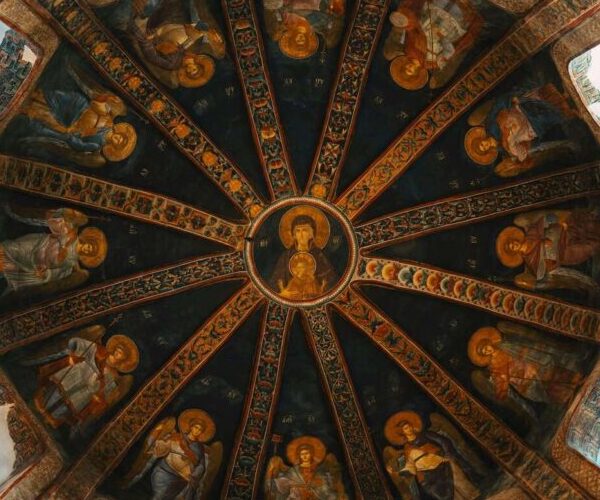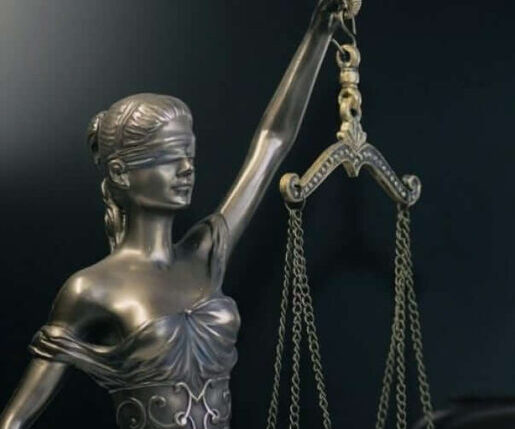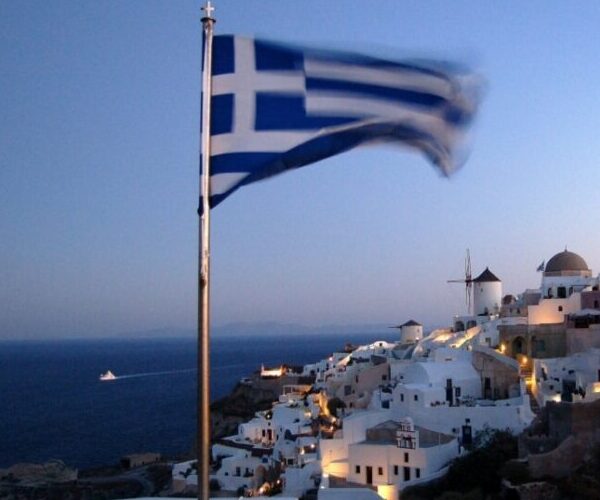Education

NIKI argues that Greece, once the cradle of civilization, has seen its education system deteriorate since the 1980s. They claim that Hellenic-Christian education has been systematically dismantled, academic standards have declined, and teachers are not respected. Textbooks in language, literature, and history are deemed inadequate, and modern teaching approaches have led to widespread functional illiteracy. They criticize the overemphasis on digital education at the expense of holistic intellectual and personal development.
Proposed Reforms:
Establish Greece as a global center for classical studies.
Limit social media use among students and introduce educationally focused mobile devices.
Reward excellence in education, including technical and vocational training.
Reinstate discipline and school uniforms.
Provide special support for gifted children and students with special needs.
Romiosyne
The concept of Romiosini (Byzantine-Greek identity) is at the core of the party’s ideology, blending Orthodox Christianity with Greek historical consciousness. They advocate for a national revival rooted in the spiritual and cultural traditions of the Byzantine and post-Byzantine era.
Key Proposals:
Restore historical terminology, replacing “Byzantium” with “Romania” (Ρωμανία).
Move Greece’s capital to Thessaloniki.
Recognize Orthodox Christians of Greek heritage abroad as part of the Greek nation.
Educate Greeks on the broader historical geography of Romania (Byzantine Empire).
Reassess historical perspectives on Anatolian populations, highlighting their Christian roots.
Explore the long-term possibility of a federation of post-Byzantine successor states.
Declare Constantinople as the spiritual and cultural center of all Greeks worldwide.
Overall, the party seeks a return to a Greek identity deeply rooted in Orthodox Christianity, classical heritage, and Byzantine traditions, while advocating for cultural and educational reforms that reflect this vision.
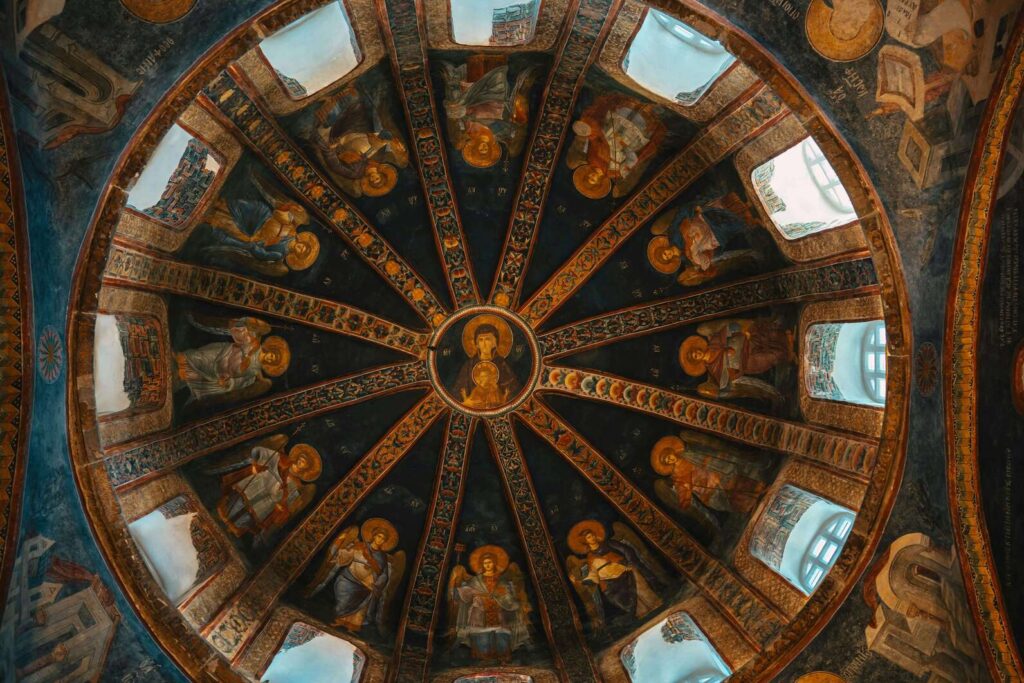
Culture
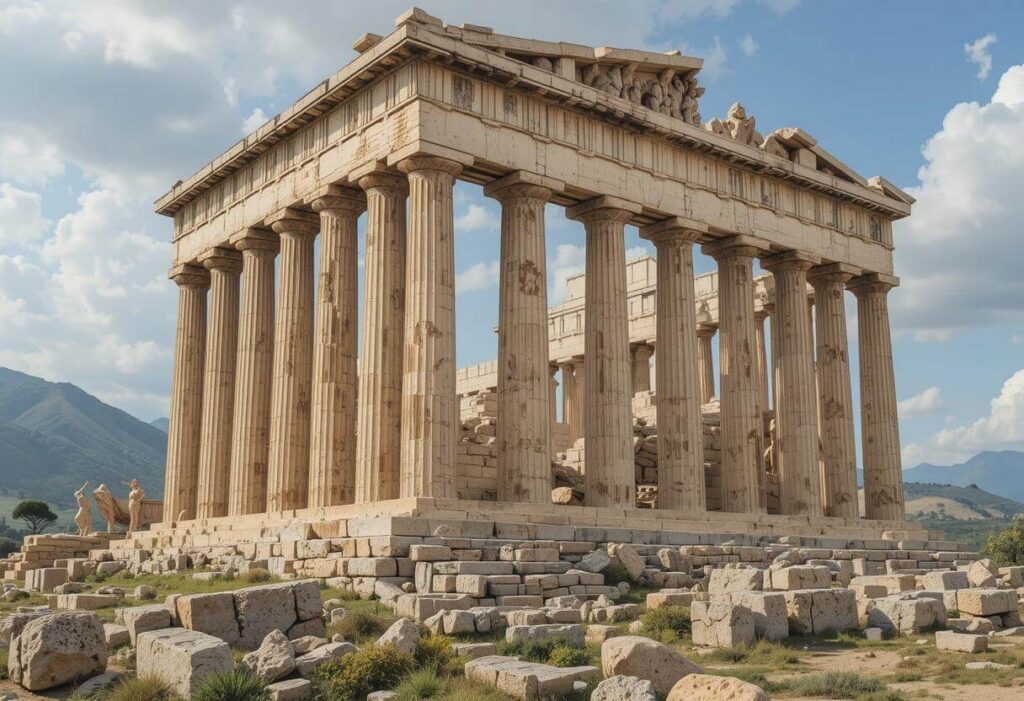
NIKI defines culture as the essence of a nation’s way of life, emphasizing Greece’s 3,000-year-old uninterrupted civilization. They highlight Greece’s contributions to philosophy, democracy, arts, and scientific terminology, as well as its role in defending Europe from invasions. The Greek language and Orthodox faith are seen as central elements of cultural identity.
Cultural Objectives:
Revive and promote Greek and Byzantine heritage.
Strengthen national identity in daily life and education.
Utilize Greek culture as a tool for tourism, artificial intelligence development, and economic partnerships with Orthodox nations.
Avoid blind traditionalism while embracing a cultural renaissance based on Greek heritage.
Policies and Ideology
Upholding faith, heritage, justice, and strength for a sovereign, virtuous, united Greece.
Empowering youth, Reviving our Hellenic spirit, Preserving Greek tradition
Boosting Greek innovation, efficiency, and sustainable economic growth.
Serving citizens with dignity, justice, and compassionate governance.
Ensuring safety, order, and trust in lawful institutions.
Protecting sovereignty with diplomacy, strength, national unity.
